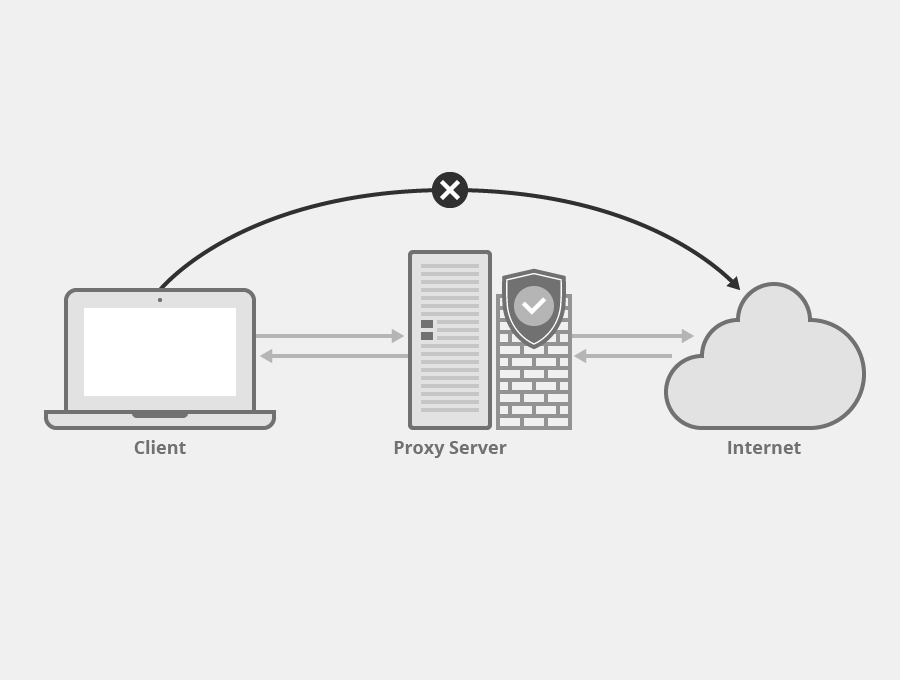Introduction
The Proxy Effect is a mental model that describes how individuals often rely on proxies or substitutes when making decisions instead of directly assessing the desired outcome. Anchored in human psychology, this concept plays a significant role in our decision-making processes and influences our everyday lives. Understanding the Proxy Effect is essential as it sheds light on how individuals can make irrational decisions contrary to their best interests. In this article, we will explore the definition and relevance of the Proxy Effect in decision-making, examine its prevalence in various contexts, delve into the mental biases that contribute to this phenomenon, provide practical strategies to identify and avoid this bias, and emphasize the importance of awareness in making more objective decisions.
Definition and Relevance of the Proxy Effect
The Proxy Effect refers to the tendency of individuals to use substitute indicators or proxies when making decisions instead of directly evaluating the desired outcome. It arises from the human desire for simplicity and convenience in decision-making processes. By relying on proxies, individuals attempt to simplify complex decisions by using easily measurable or accessible information as a stand-in for the true desired outcome. While proxies can be helpful in certain situations, they often lead to irrational decision-making when they do not accurately reflect the desired outcome or when they are subject to biases and distortions.
Examples of the Proxy Effect in Various Contexts
- Personal Life Decisions: When choosing a place to live, individuals may use the proximity of amenities or the quality of schools as proxies for overall neighborhood desirability, overlooking other important factors such as crime rates or transportation accessibility.
- Business Scenarios: In investment decisions, individuals may rely on stock prices or past performance as proxies for the future profitability of a company, neglecting fundamental analysis and qualitative factors that could provide a more accurate assessment.
- Public Policy-Making: Governments may use gross domestic product (GDP) or employment rates as proxies for overall societal well-being, ignoring important indicators such as income inequality or environmental sustainability.
Mental Biases and Underpinnings of the Proxy Effect
Several mental biases contribute to the Proxy Effect, including availability heuristic, representativeness bias, and anchoring bias. The availability heuristic leads individuals to rely on easily accessible information as a proxy for the desired outcome, even if it is not representative or accurate. The representativeness bias causes individuals to use similarity or resemblance as a proxy, assuming that if something resembles a desired outcome, it must be a good substitute. The anchoring bias influences individuals to rely heavily on initial information or references as proxies, leading to biased decision-making.
Practical Strategies to Identify and Avoid the Proxy Effect
- Define the Desired Outcome: Clearly articulate the specific outcome or goal you want to achieve. By focusing on the ultimate objective, you can identify whether the proxy being considered aligns with the desired outcome.
- Evaluate Multiple Factors: Instead of relying solely on a single proxy, consider a range of relevant factors and indicators. This broader assessment can provide a more comprehensive view of the situation and reduce the reliance on inadequate substitutes.
- Seek Diverse Perspectives: Engage with different sources of information and viewpoints to challenge the validity of proxies. By considering multiple perspectives, you can identify potential biases and limitations in the proxies being used.
Conclusion
The Proxy Effect significantly influences decision-making processes by leading individuals to rely on substitutes instead of directly assessing the desired outcome. By understanding this mental model and the biases associated with it, individuals can make more informed and objective decisions. Recognizing the Proxy Effect, evaluating multiple factors, and seeking diverse perspectives are practical strategies to avoid this bias. By being aware of the Proxy Effect and actively avoiding its influence, individuals can make more rational decisions that align with their best interests.
